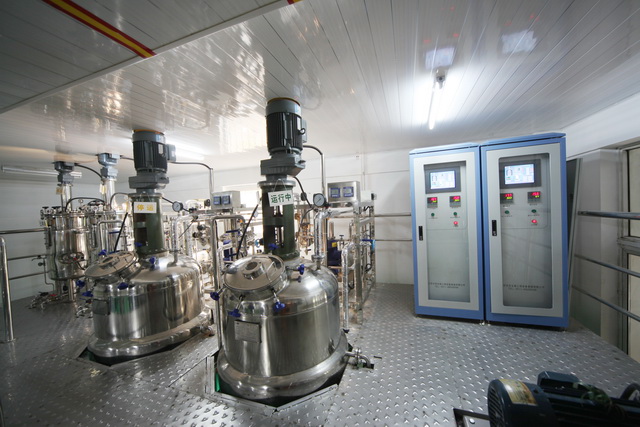Microbial organic fertilizer production equipment
2017/8/10 view:

1. Bacillus subtilis: increase crop resistance and nitrogen fixation.
2. Bacillus granulosis: dephosphorization (phosphorus bacteria), which has a good effect on the degradation of organophosphorus in soil.3. Gelatinae bacillus: release of potassium, potassium and potassium, calcium, sulfur, magnesium, iron, zinc, molybdenum, manganese, etc.
4. Bacillus lichenib: disease-resistant and harmful bacteria.
5. Bacillus sulein: insecticidal (including root knot nematode), which has specific toxicity and toxicity to the lepidoptera and other arthropods.
6. Side spore bacillus: promoting root, sterilization and degradation of heavy metals,
7. Glial bacillus: it has the function of soluble phosphorus, potassium release and nitrogen fixation, secreting a variety of enzymes and enhancing the resistance of crops to some diseases.
8. Jingyang Streptomyces: the ability to enhance soil fertility and stimulate the growth of crops.
9. Mycorrhizal fungi: enlarging the absorption surface of the root system and increasing the absorption capacity of elements (especially phosphorus) in the original root hair absorption range.
10. Brown nitrogen-fixing bacteria: free nitrogen in fixed air, increase production.
The group of photosynthetic bacteria: the main forces that enrich the soil and promote the growth of plants and animals.
12. Bacillus coagulation: it can reduce harmful gases such as ammonia and hydrogen sulfide in the environment.
Improve the content of amino acids in fruits.
13. Aspergillus Niger: to make the organic matter in the straw become the nutrient needed for plant growth, improve soil organic matter and improve soil structure.
14. Lilac pseudopenicillium: the prevention and control of multiple nematode worms is the most promising antigenic preparation for root nodules.
- Pre:Agricultural probiotics fermen 2017/8/10
- Next:Ems fermentation equipment man 2017/8/9
